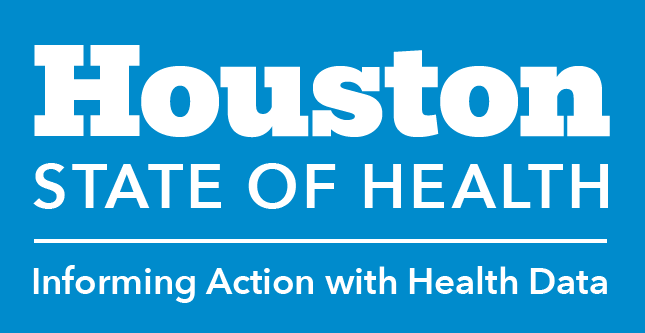Promising Practices
The Promising Practices database informs professionals and community members about documented approaches to improving community health and quality of life.
The ultimate goal is to support the systematic adoption, implementation, and evaluation of successful programs, practices, and policy changes. The database provides carefully reviewed, documented, and ranked practices that range from good ideas to evidence-based practices.
Learn more about the ranking methodology.
Filed under Evidence-Based Practice, Health / Cancer, Adults
Goal: The goal of this program is to improve colorectal cancer screening rates among older adults.
Impact: Participants in the intervention group had significantly higher colorectal cancer screening attendance, as well as having more positive attitudes about screening and placing a higher priority on screening.
Filed under Effective Practice, Health / Food Safety
Goal: The program goals are to improve food-handling practices and improve communication between food service employees and inspection staff by providing language and culturally appropriate food safety training.
Filed under Evidence-Based Practice, Health / Prevention & Safety, Teens, Women, Urban
Goal: The Centering Pregnancy Plus Project aims to reduce risk for HIV and other sexually transmitted diseases and improve health outcomes for young pregnant women, aged 14-21.
Impact: Facilitated group discussions promoting condom use among young women can increase condom use among participants.
Filed under Evidence-Based Practice, Community / Domestic Violence & Abuse, Children, Families, Urban
Goal: The goal of the Child Development-Community Policing Program (CDCP) is to reduce the negative consequences of exposure to violent and potentially traumatic events among children and their families.
Impact: The CDCP Program shows that through community policing efforts, it is possible to successfully intervene early in an attempt to ameliorate the effects of children's exposure to violence.
Filed under Evidence-Based Practice, Health / Adolescent Health, Children, Teens, Families
Goal: The goal of Communities That Care is to mobilize communities to prevent future substance abuse by reducing risk factors for children between the ages of 10 and 14.
Impact: Communities That Care reduces initiation of substance abuse behaviors in youth aged 10-14.
Filed under Evidence-Based Practice, Health / Mental Health & Mental Disorders
Goal: The goal of the Critical Time Intervention is to prevent homelessness among people with severe mental illness.
Impact: Evaluations of this program have found sizable reductions (24-67%) in average number of nights spent homeless over the 18-month follow-up period and more than a 60% reduction in likelihood of being homeless in the final weeks of the 18-month follow-up. Cost offsets and savings have been shown.
Filed under Evidence-Based Practice, Health / Food Safety, Children, Families, Racial/Ethnic Minorities
Goal: The goal of the Fight BAC! campaign is to educate the public about four basic practices - clean, separate, cook and chill - that reduce the risk of foodborne illness.
Impact: The study showed that culturally competent, social marketing campaigns are likely to improve awareness, knowledge, and attitudes around food safety among Latino consumers.
Filed under Evidence-Based Practice, Health / Immunizations & Infectious Diseases, Urban
Goal: The goals of the Holistic Health Recovery Program are to promote health and improve quality of life of injection drug users.
Impact: Implementation of the program resulted in a decrease in addition severity, a decrease in risk behavior, and significant improvement in behavioral skills and quality of life.
Filed under Evidence-Based Practice, Health / Prevention & Safety, Urban
Goal: The goal of the Options/Opciones Project is to reduce or eliminate risky sexual and drug use behaviors of HIV-infected patients.
Impact: The Options/Opciones Project shows that a clinician-delivered HIV prevention intervention targeting HIV-infected patients can result in reductions in unprotected sex and that interventions of this kind should be integrated into routine HIV clinical care.
Filed under Good Idea, Economy / Housing & Homes, Older Adults, Urban
Goal: The goal of renewal house is to reduce homelessness of older individuals in Greater Danbury Area, CT, by providing safe, secure housing, renewing a sense of hope, reinforcing self-worth and restoring dignity and confidence.
